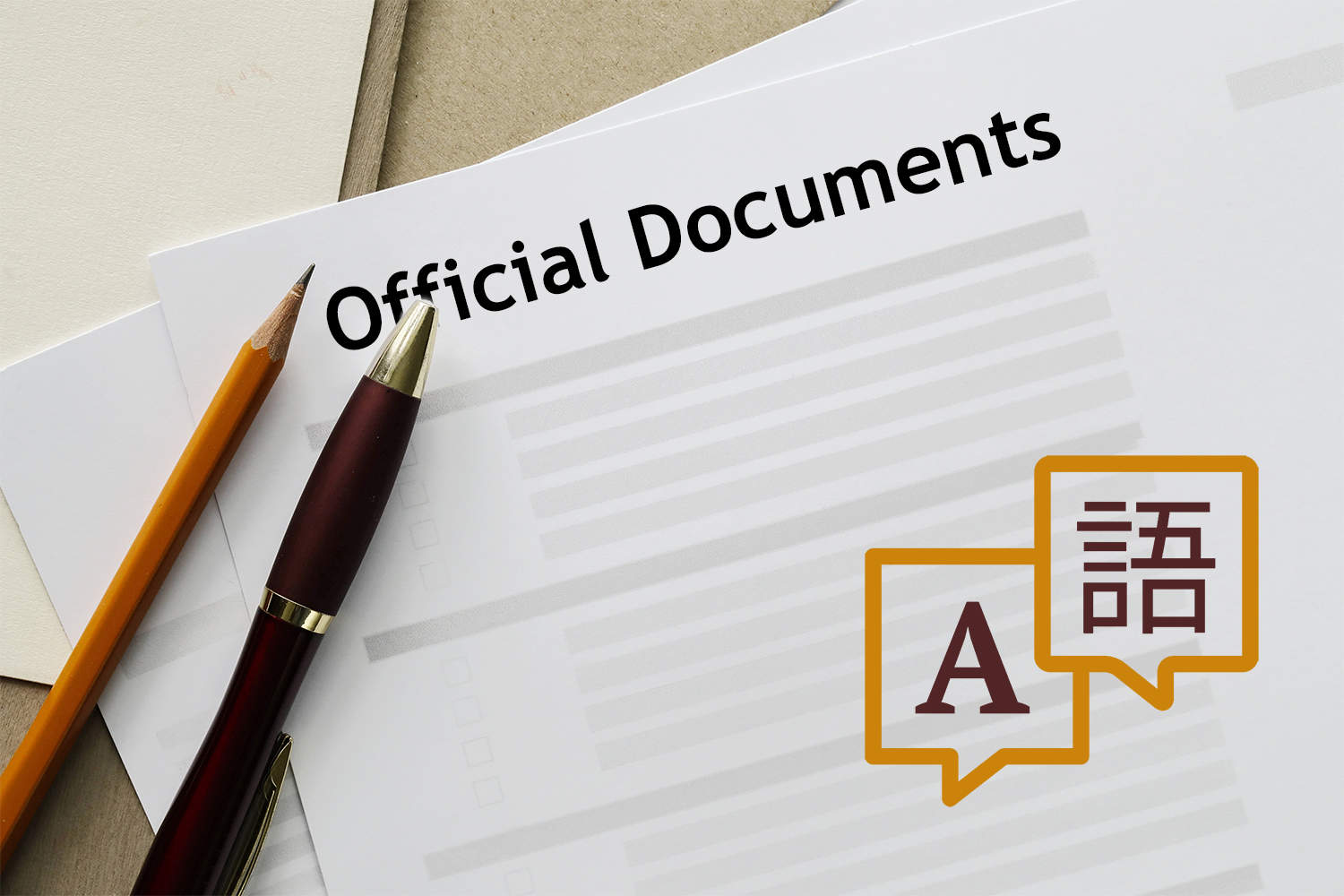Translating official documents may be difficult as they carry official and legal weight. This is because a slight mistranslation might cause confusion or even legal repercussions.
Therefore, it’s critical to get these documents appropriately translated by maintaining the same meaning and context as the original text. This will help you avoid misunderstandings or legal problems.
Whether you’re translating a birth certificate, passport, or contract, you should follow the right steps to ensure error-free and seamless translation.
In this article, we’ll present you with some tips for translating official documents. By following them, you may ensure that your translated documents are correct, comprehensive, and legally valid.
How to Translate Official Documents?

There is no universally agreed-upon definition of what constitutes an official translation. However, it’s usually associated with other forms of translation, like sworn translation, certified translation, and notarized translation.
Official translation services are often required for various documents, such as legal documents, tax forms, medical certificates, marriage certificates, work permits, and so on.
These official documents act as proof necessary to be submitted to government agencies, legal authorities, or educational institutions.
For example, if you’re moving or visiting abroad, you may need to have some of your official documents translated into the local language. However, not all translation services are created equal.
For this reason, translating official documents is vital for smooth translation processes and effective communication.
To ensure accuracy and compliance with policies, translating official documents involves several factors.
Here are a few tips about how to translate the official documents you need.
1. Ask About the Documents You Need to Translate and Why
A document type dictates the translation type you want. Some documents, such as birth certificates and medical records, are only meant to be used in the country where they were issued.
If you’re looking to obtain a visa or have international paperwork that needs signing, you may need certified translations of these documents. This way, they can be legally accepted abroad.
So, check with the authority you will submit the document to about what type of translation they require.
2. Find a Reputable Translation Service
There are many factors to consider before you select a translation service provider for official documents.
However, the most important factor is choosing one that you can trust. A trusted certified translator or translation agency produces an accurate document and meets your purposes.
To find the right service, consider their reputation and customer reviews. Assess the service’s track record in handling official translations.
Look for certifications or accreditations that validate their expertise in the official document translation field.
Make sure they offer certified translations through a team of professional translators who specialize in official documents.
Additionally, you need to know about their quality assurance processes and turnaround times to ensure efficient translations.
You should take into account their confidentiality policies and whether they have measures in place to protect sensitive information.
Another key factor is comparing pricing structures and ensuring the service provides transparent and competitive rates.
To start your search, try asking for recommendations from friends or family who have used a translation service before.
Or you can simply search on Google and take the following criteria into account:
- Are they a member of any professional translation associations such as the ATA or NAATI? This means they have met certain quality standards.
- Do they specialize in translating official documents of the type you need? For example, if you need your birth certificate translated, look for a translator who specializes in translating this type of document.
- Do they hire native translators? This is important because a translator who is a native speaker of the target language will be familiar with its nuances and culture, which will allow them to produce a more accurate translation.
- What do their past clients have to say about them? You can usually find reviews on Google or their website.
3. Ask About the Cost of Translation Services
Then, you need to ask the translator or the translation agency for their fees. The translation cost of an official document can vary as on the requirements.
Several factors impact the cost of your translation. These factors include the language pair, document type, length, and the urgency of the translation.
Any additional services required, such as certification or notarization, also influence pricing.
Most translation service providers will provide a quote after discussing what documents you need to be translated and for what purpose. So, be sure to ask about their fees before hiring them. You’ll need to discuss any other potential costs in advance.
However, the cost of translation services shouldn’t be the sole determining factor of the service. Quality and accuracy should always be a priority when translating official documents.
4. Check How Long it Will Take to translate the Official Documents
Translating official documents can be a time-consuming process. That’s why you need to discuss the deadline for the translation.
Ask your translation service provider about their turnaround time for the translation and how long it will take to get your translated documents back.
Some services may offer same-day or even 24-hour turnarounds, but this usually comes at a higher cost.
Generally, it takes one to three days to translate most official documents, depending on their length, the service you choose, and the language pair.
5. Ensure Translations Are Accurate
After receiving the official document translation, you need to review the translation quality. Here are a few tips you can follow:
- Compare the translated document to the original to make sure that all the information has been accurately conveyed.
- If possible, ask a native speaker of the target language to review the translation for accuracy.
- Check for any errors in grammar, spelling, or punctuation.
- Make sure all terminologies are correctly translated and contextualized.
- Ensure compliance with the regulations and laws of the target country or organization.
- If you’re not satisfied with the translation, ask the translation service to revise it.
6. Make Sure Your Translated Documents are Secure
Once you’ve received your translated documents, it’s important to store them in a safe place where you can easily access them when needed.
You can scan and save them electronically on your computer, or you can print them out and store them in a file cabinet or other physical document storage method.
If you need to submit your documents for legal purposes, be sure they are stored securely so they can’t be edited by anyone else.
Asking yourself these questions will help make sure that you choose the best translation service to translate your official documents.
Conclusion
Overall, it’s important to choose a reputable and experienced translation service when you need to translate official documents.
Be sure to ask about their fees, turnaround time, and accuracy rate before hiring them. Once you’ve received your translated documents, be sure to store them in a safe place where you can easily access them when needed.
Feel free to reach out to TranslationPartner if you need to translate any type of official document.

